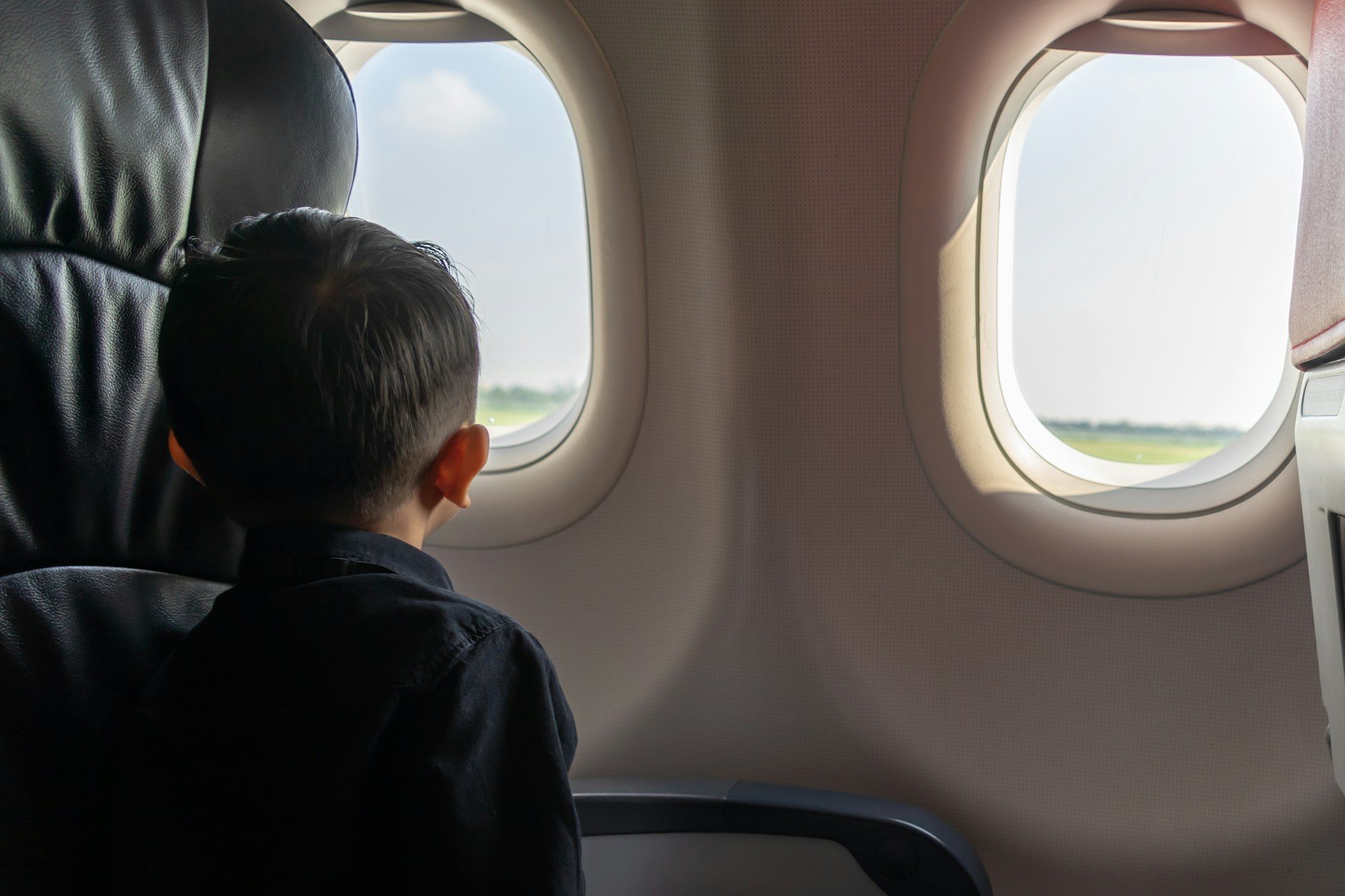Every year, numerous aspiring athletes in the United Kingdom attend training camps to refine their skills and reach their maximum potential. However, for many, it’s the first time they’re away from home for a prolonged period. Often, these athletes face the challenge of homesickness, a condition that can negatively impact their performance and overall training camp experience. In this article, we will explore the best practices for managing homesickness in UK athletes at training camps.
Understanding Homesickness and Its Impact on Athletes
Homesickness is a complex psychological issue that can affect anyone, including athletes. It’s characterised by a yearning for familiar surroundings, leading to feelings of sadness, anxiety, and isolation. While it may seem trivial to some, homesickness can severely impair an athlete’s ability to perform optimally.
Also to read : What are the benefits of integrating sports psychology in the training regimen of UK snooker players?
The manifestations of homesickness in athletes include decreased concentration, increased anxiety levels, mood swings, and even physical symptoms such as fatigue and decreased appetite. These symptoms can negatively affect an athlete’s performance, training, and overall well-being. Thus, it is crucial to address homesickness in athletes attending training camps to ensure they can focus on their training and perform to the best of their abilities.
Encouraging Social Connections
One of the most effective ways to alleviate homesickness is by encouraging social connections. Athletes can often feel homesick due to a perceived lack of social support or familiarity. Encouraging social connections among athletes can help create a sense of community and belonging, which can significantly reduce feelings of homesickness.
In parallel : How can UK sports clubs use drone footage to analyze and improve team tactics?
Training camps should organise team-building activities and informal gatherings, allowing athletes to interact and bond. Additionally, facilitating communication with families back home can also provide comfort and reduce feelings of isolation. This could involve setting up regular call schedules or providing resources for video calls, emails, or social media communication.
Implementing a Supportive Environment
Creating a supportive environment at training camps plays a significant role in managing homesickness. This involves providing emotional support and understanding, offering resources for athletes to express their feelings, and ensuring they feel comfortable and safe in their new environment.
Training camp staff should be trained to spot signs of homesickness and provide appropriate support. This could involve regular check-ins with athletes, offering counselling services, or creating a buddy system among the participants. Additionally, training camps should look into making accommodations comfortable and homely, as a familiar and comfortable environment can greatly help alleviate homesickness.
Promoting Healthy Lifestyle Habits
While it may not seem directly related, promoting healthy lifestyle habits can contribute to managing homesickness. Regular physical activity, a balanced diet, and adequate sleep can greatly influence an individual’s mood and overall well-being.
Training camps should ensure athletes have a balanced diet, as a poor diet can exacerbate feelings of homesickness. Providing familiar home-style meals can also help athletes feel more at home. Regular exercise, besides being a fundamental aspect of training, can help reduce stress and improve mood, helping athletes cope with homesickness. Additionally, camps should promote good sleep habits, as lack of sleep can worsen feelings of homesickness and negatively affect performance.
Incorporating Relaxation and Mindfulness Techniques
Finally, incorporating relaxation and mindfulness techniques can be effective in managing homesickness. Techniques such as meditation, mindfulness, yoga, and deep breathing exercises can help reduce stress levels and improve mental well-being.
Training camps should offer workshops or sessions on these techniques, teaching athletes how to use them to manage stress and emotions effectively. Incorporating these techniques into daily routines or before training sessions can help athletes stay focused and calm, reducing the impact of homesickness.
Homesickness is a common issue for athletes attending training camps, but with the right strategies and support, it can be effectively managed. By fostering social connections, creating a supportive environment, promoting healthy lifestyle habits, and teaching relaxation and mindfulness techniques, training camps can ensure athletes are able to concentrate on their training and perform to their full potential, despite being away from home.
Providing Mental Health Resources and Professional Support
Effective management of homesickness is not just about physical comfort and social connections, but also about mental health. Athletes, like anyone else, can suffer from mental health issues, and these can be magnified when they are away from their familiar environment. Therefore, it is crucial that training camps provide ample mental health resources and professional support.
Training camp staff should be equipped with the knowledge and skills to recognize signs of mental health issues and provide initial support. They should also have a solid referral system in place to connect athletes with professional mental health services if needed. This could include on-site counsellors or psychologists who can provide immediate attention, or connections to external professional services that can provide ongoing support.
Moreover, the mental health resources should be easily accessible and the athletes should be made aware of them. Simple steps like having mental health leaflets available, or running mental health workshops, can make a real difference. It’s important to create an environment where mental health is openly discussed and prioritised, thus helping to reduce the stigma associated with seeking help.
Matching Athletes with Suitable Roommates
A simple but effective strategy to combat homesickness is through roommate selection. Being paired with a suitable roommate can make the unfamiliar environment seem less daunting, and can provide a sense of companionship and mutual support.
Training camps should take the time to match athletes with roommates based on shared interests, similar training schedules, or even by their coping styles. The right match can provide a comforting presence for an athlete dealing with homesickness. It’s important to remember that everyone is different – while some athletes may appreciate a more outgoing and sociable roommate, others may prefer someone who is quieter and more introverted.
A well-matched roommate can be a source of support and companionship, helping athletes to feel less alone. It also allows athletes to share their experiences, talk through any worries, and provide mutual encouragement.
Conclusion
Managing homesickness in athletes attending training camps is a multifaceted task that requires comprehensive strategies and consistent effort. The best practices discussed above – fostering social connections, creating a supportive environment, promoting a healthy lifestyle, mental health resources, mindfulness techniques, and suitable roommate matching – can help to alleviate homesickness and ensure that athletes are able to focus on their training and perform at their best.
Remember, the key is to create a welcoming, supportive, and fun environment that makes the athletes feel at home, even when they are far away from it. Ultimately, the goal of these practices is to improve the overall wellbeing of the athletes and enable them to achieve their potential. Training camps that successfully manage homesickness will not only provide a better training experience for athletes but also contribute to their personal growth and resilience.











